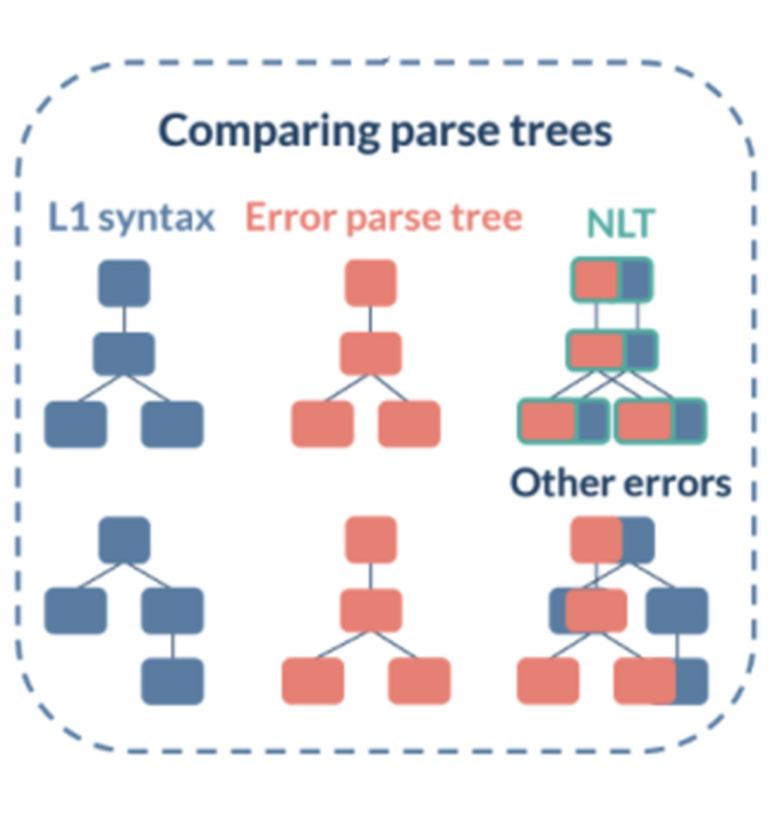Computational Modeling
Measuring Learning Affect to Understand How They Manage It When Playing Literacy Games
Learn More
Computational Modeling


Using Technology to Support and Understand Nehiyawewin (Plains Cree) Language Learning
Learn More
Computational Modeling


Identifying negative language transfer in learner writing: using syntactic information to model structural differences
Learn More
Computational Modeling





